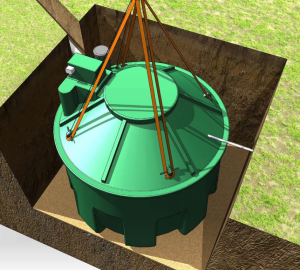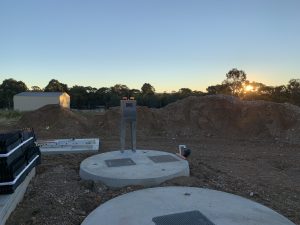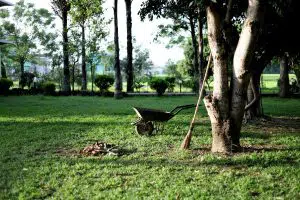How to Remove Grey Water?
What is Grey Wastewater?
Grey wastewater is the term used to describe used water that has been generated from household activities such as washing dishes, laundry, and bathing. It is called grey water because it is not as contaminated as black water, which is water that has come into contact with feces or urine and requires more advanced treatment methods for safe disposal.
Composition of Grey Wastewater
Grey wastewater typically contains a mix of biodegradable and non-biodegradable substances. The biodegradable substances can include food scraps, soap, and detergent residues, while non-biodegradable substances can include synthetic fibers, lint, and hair. The exact composition of grey water will depend on the specific household activities that generated it and the products used in those activities.
Impacts of Grey Wastewater
If grey wastewater is not properly treated, it can have negative impacts on the environment and public health. Grey water can contain pathogens that can cause illness if it comes into contact with people or if it contaminates sources of drinking water. In addition, grey water can contribute to the pollution of surface water and groundwater if it is not properly treated before being released into the environment.
Treatment of Grey Wastewater
There are several methods for treating grey wastewater, depending on the specific characteristics and volume of the water. Some common methods include:
- Physical treatment: This can involve filtering the grey water through gravel or sand to remove larger solid particles. This method is typically not sufficient to remove all contaminants, but it can help to reduce the amount of organic matter in the water.
- Biological treatment: This method involves using microorganisms to break down the organic matter in the grey water. This can be done through the use of a septic tank or a constructed wetland.
- Chemical treatment: This method involves using chemicals to break down the contaminants in the grey water. This can be effective for removing certain types of contaminants, but it may produce hazardous by-products that require further treatment.
Grey Water Reuse
In some cases, grey water can be treated and reused for non-potable purposes such as irrigation or toilet flushing. This can help to reduce the demand for fresh water and can be an effective way to conserve resources. However, it is important to ensure that the grey water is properly treated and safe for reuse before it is used for these purposes.
Conclusion
Grey wastewater is a byproduct of household activities that can have negative impacts on the environment if it is not properly treated. There are several methods available for treating grey water, and in some cases it can be safely reused for non-potable purposes. It is important to properly manage grey water to protect public health and the environment.
Eco-Septic is a Sydney based manufacturer and specialises in commercial wastewater systems of various shapes and designs. We can provide fast and free quotes relevant to your commercial wastewater needs, all while keeping in mind individual spending capabilities.
Contact us today for a fast quote at 1800 808 135 or visit us at www.ecoseptic.com.au.
We cover all Sydney suburbs as well as the regions of South Coast, Snowy Mountains, Southern Highlands, Riverina, Blue Mountains and Hawkesbury, Laguna, North and Mid North Coast, Bateman’s Bay, Nowra, Mallacoota, Narooma, Balmoral, Cobargo, Glenn Ines, Avondale, Glenmore, Mogo, Targao, Torrumbarry, Albury, Faulconbridge, Maraylya, Sherbrooke, Strathdickie, Little Hartley, Linden, cattail, Bowen Mountain, Murwillumbah, Kyogle, Bryon Bay, Lismore, Evan Heads, Yamba, Grafton and surrounding areas.
Related Posts
- How do I find septic tank maintenance near me?
- Navigating Wastewater Solutions: A Guide to the Application Process Through NSW Councils
- What Size Septic Tank Do I Need For My Home?
- What Are The Advantages Of Rainwater Tanks?
- Choosing the Right Septic Tank Additives: What Works and What to Avoid
- How Do Grey Water Recycling Systems Work
- Why Is Wastewater Aerated?
- What is a wastewater treatment plant?





